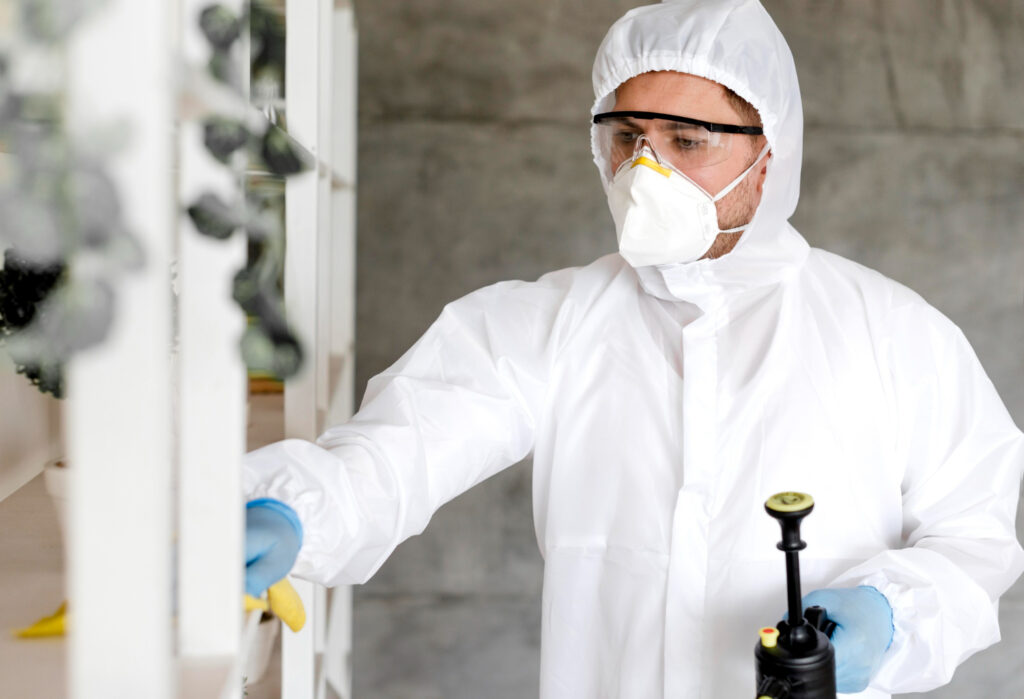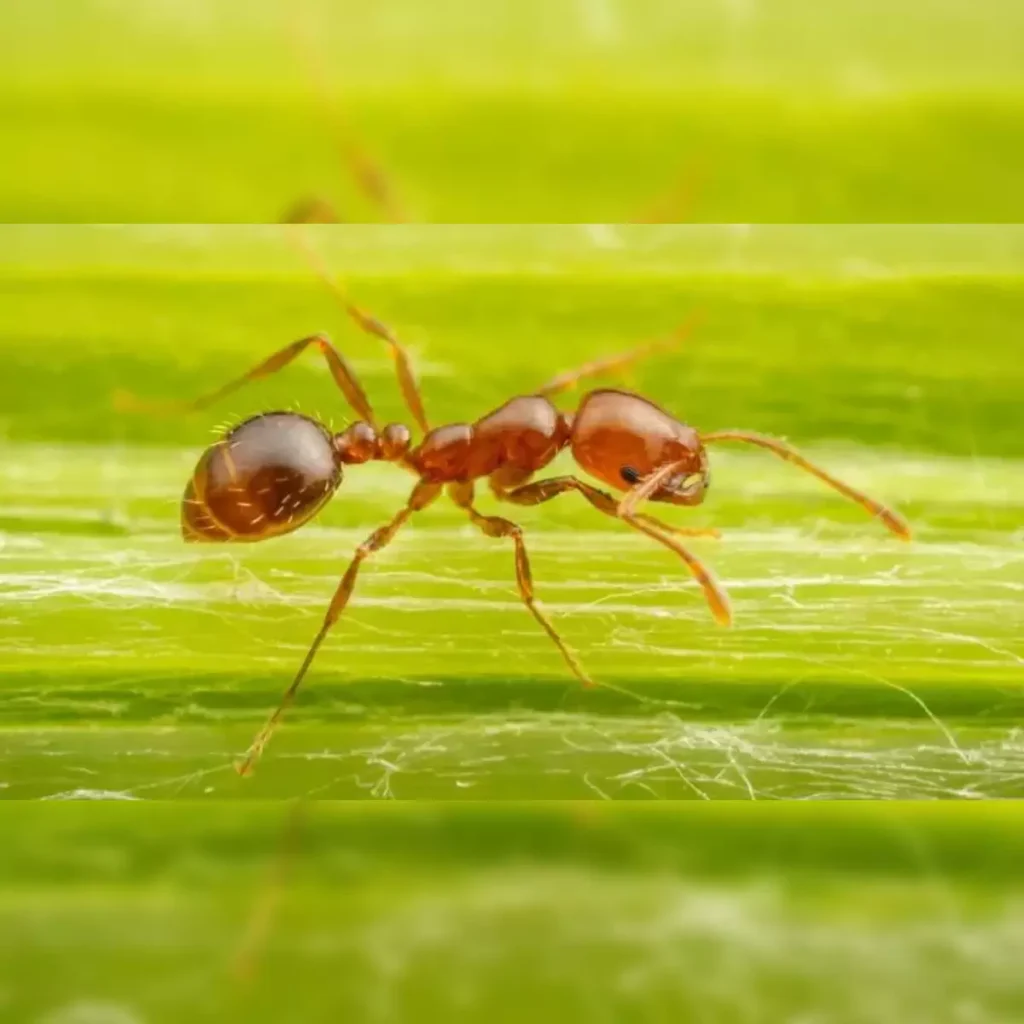

we are consistently delivers reliability and innovation without fail.
Overview
As the summer heats up, so does ant activity. Warm months bring open windows, outdoor meals, and unfortunately, more ants searching for food. Ants are among the most common household pests in the U.S., flourishing in warm weather to expand their colonies and stock up for the winter. Once they find a way inside, an infestation can rapidly take hold.
If you’re facing an ant invasion, this guide will show you how effective ant pest control treatments can reclaim your home’s comfort and peace.
ANT Identification
With over 700 ant species in the United States, identifying them can be tricky. Begin by searching for ant trails; ants rarely travel alone and often move in well-established paths while foraging. Once you locate a trail, examine the ants closely. Note whether they are uniform in size or vary. Observe their activity patterns—are they more active during the day or night? Also, trace the trail to find nests, particularly in soil. The shape and pattern of soil nests can provide clues to the specific ant species you’re dealing with.

What Types of Ant Treatment Programs Are Available?
Several ant treatment programs are designed to effectively combat ant infestations. These include baiting systems that lure ants and eliminate their colonies, perimeter treatments that create a barrier around your home to prevent entry, and targeted spraying that addresses active ant trails and nests. Some programs focus on eco-friendly solutions using natural repellents and deterrents. Customized treatment plans from professional pest control services offer a comprehensive approach, combining these methods for the best results based on the specific ant species and severity of the infestation.
Fire ant pest control methods
Fire ants demand specialized control approaches due to their aggressive nature and painful stings. Effective methods include:
- Baiting: Utilizing bait that worker ants carry back to the colony, which ultimately eliminates the queen and the entire colony over time.
- Direct Insecticide Treatments: Applying insecticides directly to visible mounds to quickly kill the ants.
- Granular Insecticides: Spreading granules across infested areas to target fire ants as they forage.
- Perimeter Barriers: Establishing protective barriers around properties to deter new colonies from establishing.
Professional pest control services may combine these techniques to ensure comprehensive and lasting results.

Carpenter ant pest control methods
Carpenter ants require specific pest control strategies due to their wood-damaging habits. Key methods include baiting systems to attract and eliminate colonies, direct insecticide treatments to targeted nesting sites, and dust applications in wall voids and structural cavities. Perimeter barriers can prevent future invasions, while moisture control and removing decayed wood sources are crucial for long-term prevention. Professional pest control services often combine these tactics, tailored to the extent of the infestation and the unique characteristics of carpenter ants, ensuring thorough and effective elimination.

What Does Professional Ant Treatment Cost?
The cost of professional ant treatment varies widely based on several factors, including the size of the infestation, the type of ant, and the treatment method used. Typically, prices range from $100 to $500 for initial treatment. Additional services, such as follow-up visits or specialized treatments for difficult-to-eradicate species like carpenter ants, may increase the overall cost. It’s best to consult with a pest control professional for a precise quote tailored to your specific situation.

What is the Most Effective Way to Control Ants?
To tackle ant infestations, an integrated approach works best. Start by identifying and targeting the source of the infestation. Ant baits are particularly effective as they attract ants and eliminate the colony from within. Avoid relying solely on surface sprays, which can cause ants to scatter. Maintain a clean environment, sealing off potential entry points to prevent new invasions. For comprehensive and lasting control, regular professional pest treatments are highly recommended.
FAQ(Frequently Asked Questions)
Common methods to eliminate ants from homes include insecticides, glue traps, and baits. The most effective approach varies based on the ant species and specific infestation. Contact us to discover which solutions are best suited for your home’s needs.
Common methods to eliminate ants from homes include insecticides, glue traps, and baits. The most effective approach varies based on the ant species and specific infestation. Contact us to discover which solutions are best suited for your home’s needs.
Exterminators start by determining the specific ant species causing the problem. They then identify where the ants are entering and where their nests are located. Based on these findings, they apply specialized treatments, such as targeted insecticides and strategic baiting, to eliminate the ants and block future invasions effectively.

